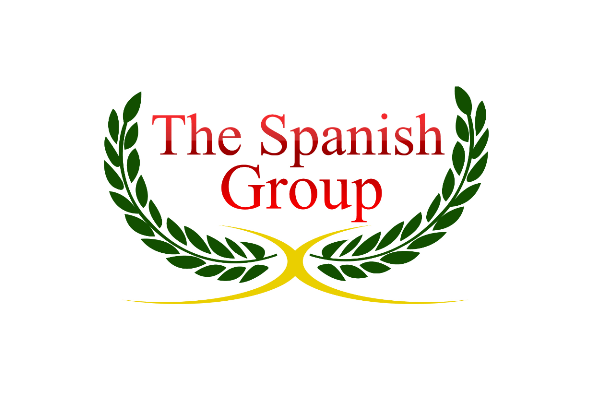In today’s globalized world, providing effective communication in the healthcare industry is of utmost importance. For healthcare providers, this means ensuring that all necessary Medical document translation are translated accurately and efficiently. Failure to do so can result in legal issues, miscommunication, and a potential risk to patient safety. In this article, we will explore the six medical documents that must be translated to remain compliant with the law.
When Translation Is the Law
In an increasingly diverse society, healthcare providers have a legal obligation to provide language assistance to individuals with limited English proficiency. The Civil Rights Act of 1964, as well as subsequent federal laws and regulations, require healthcare organizations that receive federal funding to offer language services to patients who may face language barriers. This includes providing free language assistance, such as interpreters or translated documents, to ensure effective communication.
Six Vital Documents That Must Be Translated
Notices of Free Language Assistance
To comply with federal regulations, healthcare providers must translate and provide notices of free language assistance to patients. These notices inform individuals of their right to receive language services at no cost. By making these notices available in multiple languages commonly spoken by the local community, healthcare providers can ensure that patients are aware of the available language assistance resources.
Notices of Eligibility Criteria for Services
Another critical document that must be translated is the notice of eligibility criteria for services. This document outlines the requirements that patients must meet to access specific healthcare services. By translating this information, healthcare providers can ensure that individuals with limited English proficiency understand the criteria and can accordingly seek the care they need.
Informed Consent Documents
Informed consent is a crucial aspect of any medical procedure or treatment. To ensure that patients fully understand the risks, benefits, and alternatives to a proposed intervention, healthcare providers must translate informed consent documents into the patient’s preferred language. This allows individuals with limited English proficiency to make well-informed decisions about their healthcare, promoting patient autonomy and reducing the risk of misunderstandings.
Intake Forms That Have Clinical Consequences
Intake forms play a vital role in gathering essential medical information from patients. For individuals with limited English proficiency, understanding and accurately completing these forms can be challenging. By translating intake forms into the patient’s preferred language, healthcare providers can ensure that all relevant information is captured accurately. This is particularly important when the information provided on these forms has clinical consequences, such as allergies or pre-existing conditions.
Discharge Instructions
After receiving medical treatment, patients are often provided with discharge instructions, which outline the necessary steps for post-treatment care. To ensure patient safety and compliance, it is crucial to translate these instructions into the patient’s preferred language. This allows individuals with limited English proficiency to understand and follow the instructions accurately, reducing the risk of complications or readmissions.
Complaint Forms
In any healthcare setting, patients have the right to voice their concerns and file complaints if necessary. To facilitate this process for individuals with limited English proficiency, healthcare providers must translate complaint forms into multiple languages. By doing so, healthcare organizations can ensure that all patients, regardless of their language abilities, can effectively communicate their concerns and have their complaints addressed promptly.
Conclusion
In the healthcare industry, accurate translation of medical document translation is not only a legal requirement but also a critical component of providing quality care to patients with limited English proficiency. By translating notices of free language assistance, eligibility criteria notices, informed consent documents, intake forms, discharge instructions, and complaint forms, healthcare providers can ensure compliance with the law, promote effective communication, and enhance patient safety.
The Spanish Group can provide you with a medical translator quickly and easily, we can also provide a medical translator for another 90+ global languages. Feel free to contact us today free of charge and see how we can assist you.


Leave a comment